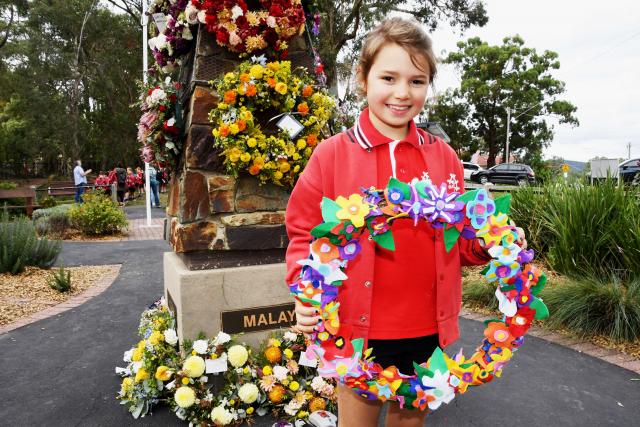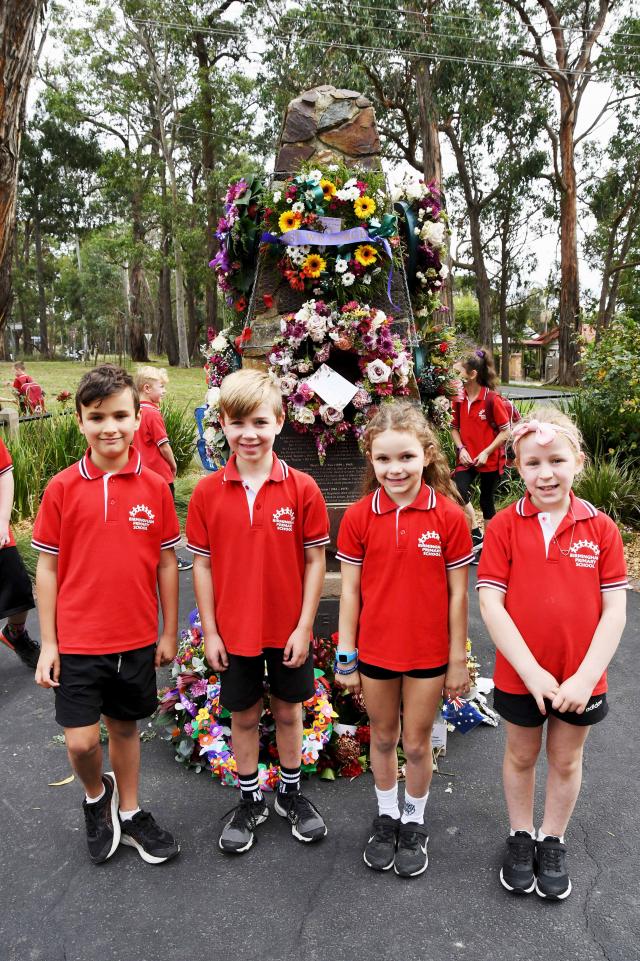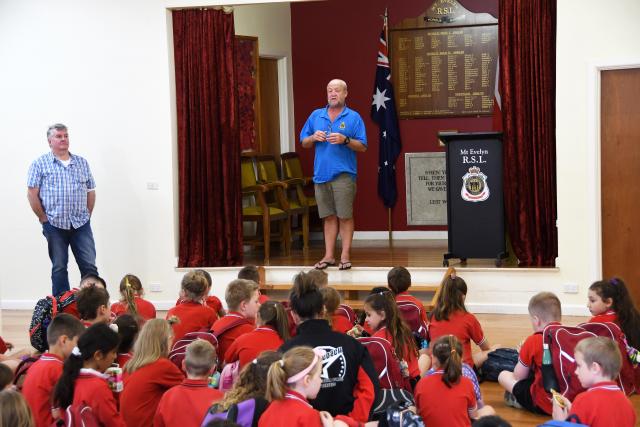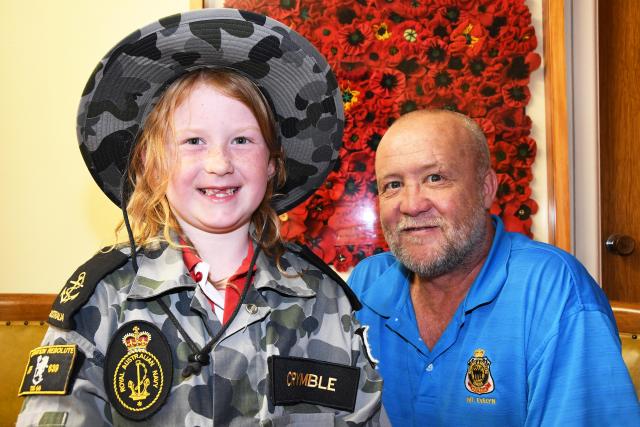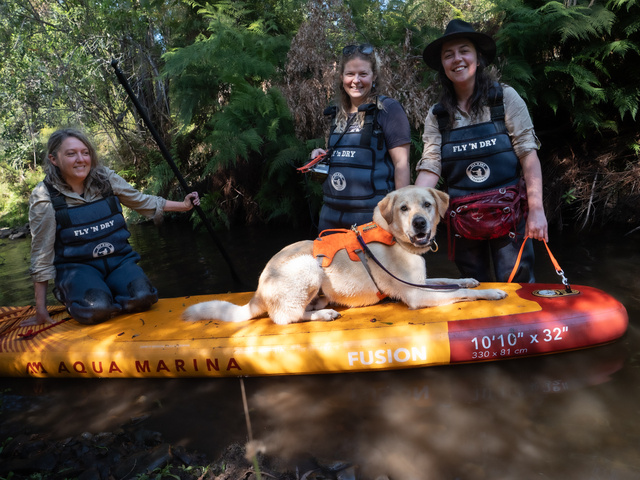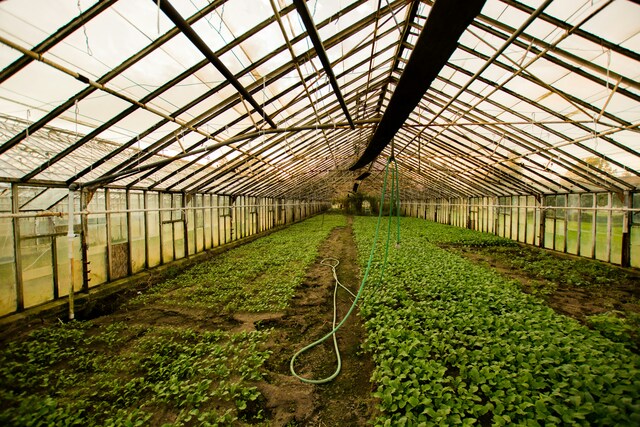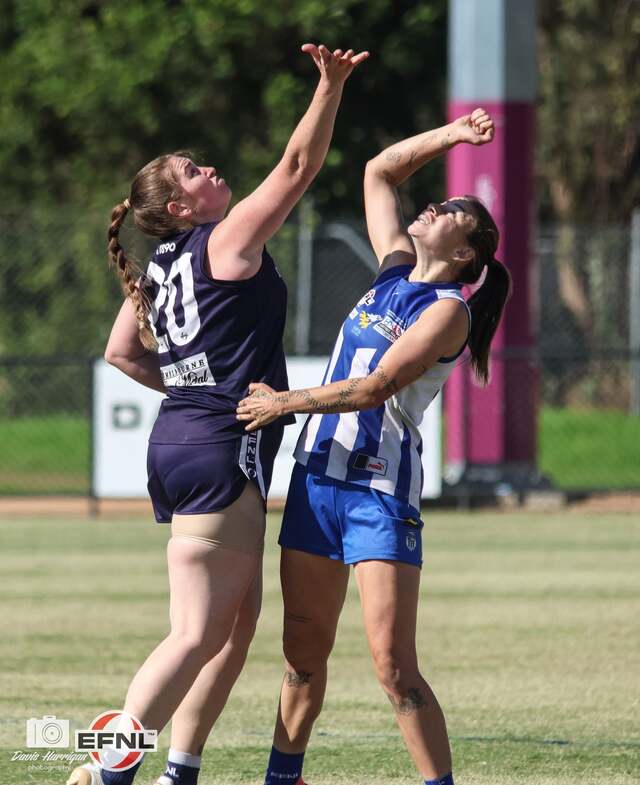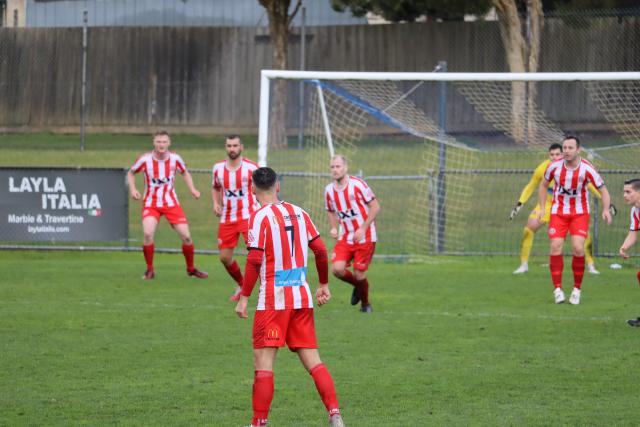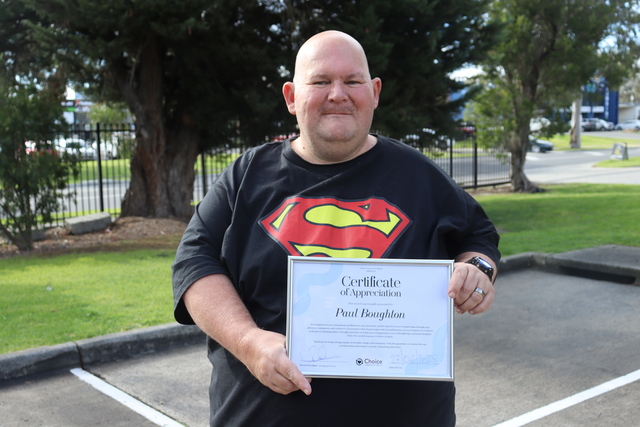Grade 2 students from Birmingham Primary School were given a guided history tour of Mount Evelyn this week to teach them about their local community and the legacy of the Anzacs.
A program run by the Mount Evelyn RSL committee and members aimed to give these primary school students just a taste of the importance of Anzac Day and RSL clubs themselves.
Grade 2 teacher Sharon Smith said the program fell into the school’s value of ‘community’, to learn, understand and respect the surrounding groups, organisations and environment that make up Mount Evelyn.
Beginning at the old railway station, the Grade 2s met RSL president Matthew Crymble and secretary Anthony McAleer where the facts about Mount Evelyn’s name changes were shared before heading off to the war memorial.
“We always get a returned serviceman to talk to them and Matt also tells his sailor stories about serving his country,” Mr McAleer said.
“We try to put it at a level they understand. So when Roger Boness is talking about Vietnam, he talks about how it’s a country with jungle, snakes and what he came in contact with and even tells how he got malaria because of tropical diseases and things like that.”
At the memorial, the students were able to lay their prepared wreath and learn about the ceremonial tradition while Iain Townsley played the bagpipes, something they looked on in awe at.
“They love that because it’s not a musical instrument they get to see often and it’s very connected with our ceremonies. So they love the whole bagpipe scene and [Iain] tells them all about it.”
Back at the RSL, the students heard about the honour roll while eating Anzac biscuits before being allowed to try on soldiers, sailors and airmen uniforms.
Ms Smith said often students have varying levels of understanding when it comes to Anzac Day and its meaning because of their own families but hearing it first hand was something different entirely.
“It’s not something you can replicate in the classroom. So we do all this background work in the classroom but to actually hear soldiers speak of their own experiences is invaluable,” she said.
“I think it’s all good and well to say a lot of kids went to Anzac Day services but there’s a lot of children who, for whatever reason, within their families don’t have the knowledge and understanding so it’s crucial for us because if they don’t get it through school they’re not going to get it.”
For Mr Crymble, the comfort in knowing the curriculum teaches the next generation about the sacrifices the Anzacs from all wars have made was humbling but he said their eagerness to learn was even more incredible.
“Their knowledge was very good. You often get bad reports on what they’re teaching our kids at school but they’re clearly teaching the right things about our former soldiers, sailors and airmen,” he said.
Playing just a small part in the education of young people, Mr Crymble said is an important role for the RSL and he and the members would be pleased to host similar days for other schools in the area.
“One of our core duties is to educate the younger generations and this practice with Birmingham Primary School fits the bill.”

